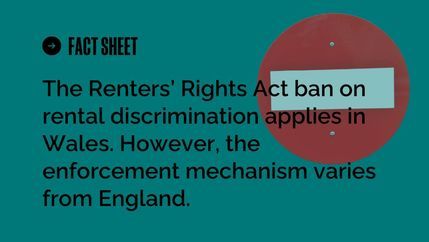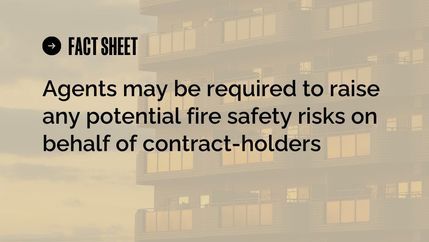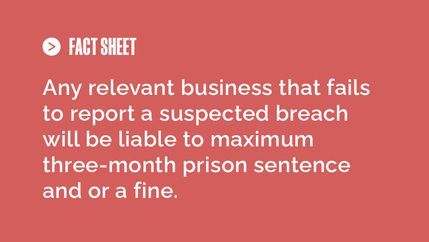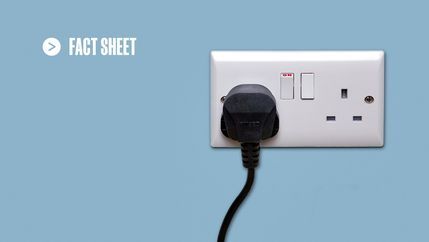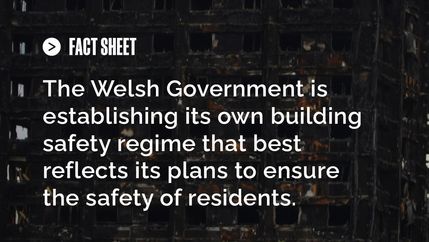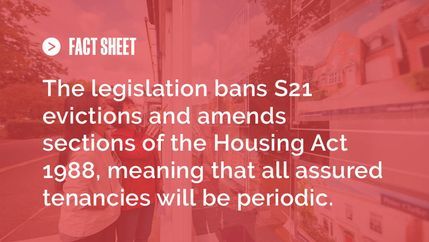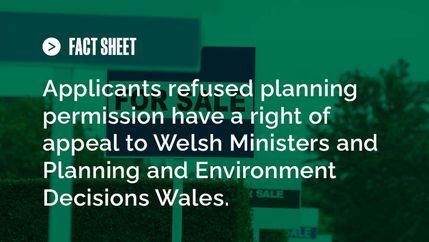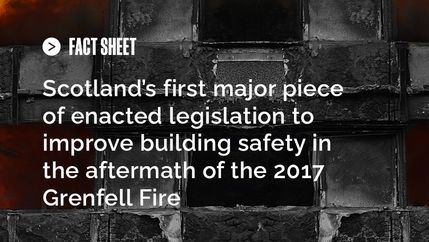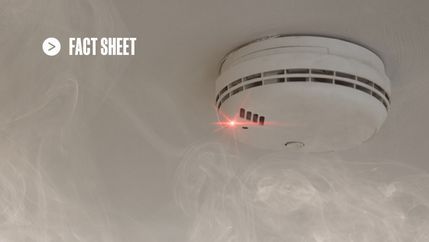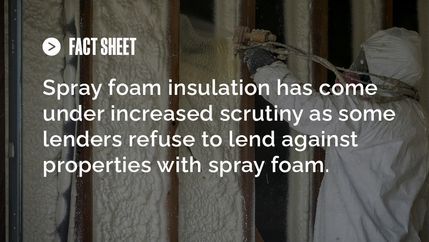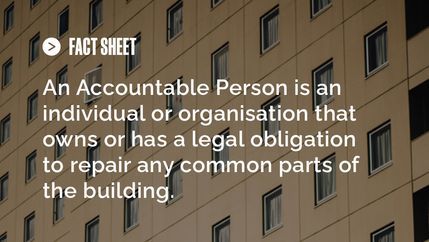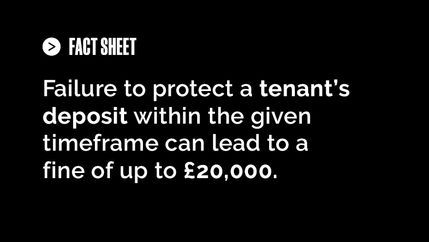Fact Sheet: Discrimination in the rental market (Wales)
On 1 May 2026, the Renters’ Rights Act 2025 will come into force, introducing new measures to tackle rental discrimination. Following confirmation from the UK and Welsh Governments, these provisions will commence in Wales on 1 June 2026, making it unlawful for letting agents and landlords to discriminate against prospective contract holders because they have children or receive benefits.
Fact Sheet: Landlord payment requests
This guidance note helps members understand the steps they should take when a client requests payments to be made into a new account. This will support agents in protecting landlords who may have been compromised and in avoiding potential penalties from HMRC.
Fact Sheet: Building Safety (Wales) Bill
The Building Safety (Wales) Bill sets regulations for the occupation phase of buildings. Propertymark members managing and letting individual flats within these buildings should be mindful of any requirements for residents, so that any key documents for contract-holders can be provided.
Fact Sheet: UK Sanctions Reporting Obligations for High Value Dealers
Under the Sanctions and Anti-Money Laundering Act 2018, the UK Government introduced a new regime of issuing financial sanctions following the UK’s departure from the European Union. Under the Act, businesses specified in the Act have to report to Office of Financial Sanctions Implementation (OFSI) if they suspect they are engaging with a client who is under financial sanctions.
Fact sheet: Writing an AML risk assessment
Under the Money Laundering, Terrorist Financing and Transfer of Funds (Information on the Payer) Regulations 2017 (the MLRs) all Estate Agency Businesses and Letting Agency Businesses with properties that have a monthly rent that is the equivalent to 10,000 Euros or more, must produce a risk assessment.
Fact sheet: UK sanctions reporting obligations
Under the Sanctions and Anti-Money Laundering Act 2018, the UK Government introduced a new regime of issuing financial sanctions following the UK’s departure from the European Union. Under the Act, businesses specified in the Act have to report to the OFSI if they suspect they are engaging with a client who is under financial sanctions.
Fact sheet: The Electrical Safety Standards for Private Tenancies Regulations (Northern Ireland) 2024
The Regulations introduce the requirement for landlords to ensure that electrical safety checks are conducted at a private tenancy and at regular intervals following the first inspection. Local authorities will also have the ability to serve notices to landlords if they believe the property does not have a valid inspection report.
Fact sheet: Building Safety
The Welsh Government has been taking steps to introduce new requirements for buildings at the occupation phase that go significantly further than the Building Safety Act 2022. The proposals extend not only to multi-occupied residential buildings of 18+ metres, but also multi-occupied residential buildings of less than 18 metres (with some exceptions).
Fact sheet: Renters’ Rights Act
The legislation is the biggest overhaul of private renting in England, which bans Section 21 evictions, introduces a new periodic tenancy regime, and sets new requirements for property standards and rent increases.
Fact Sheet: Town and Country Planning (Control of Advertisements) Regulations 1992
The Town and Country Planning (Control of Advertisements) Regulations 1992 apply to Wales and some aspects of the regulations were updated by the Town and Country Planning (Control of Advertisements) (Amendment) (Wales) Regulations 2017.
Fact sheet: Housing (Cladding Remediation) (Scotland) Act 2024
A ministerial working group, established in 2020, sought to review the existing issues with cladding and found that the process for remediation was overly complex and was preventing the sale of homes. The Act is designed to help facilitate more buildings to have their cladding remediated to higher standards, so they are less likely to lead to further loss of life in the event of a fire.
Fact sheet: Smoke, heat and Carbon Monoxide alarms (Northern Ireland)
The Regulations introduce requirements for all private tenancies in Northern Ireland to have sufficient smoke, heat and carbon monoxide alarms in the property. It is the first piece of legislation covering sections seven to twelve of the Private Tenancies Act (Northern Ireland) 2022—specifically section eight: Fire, smoke and carbon monoxide alarms, etc.
Fact sheet: Lead in drinking water
In Scotland, the Tolerable Standard states that properties should have an adequate piped supply of wholesome drinking water. Statutory guidance on the Repairing Standard, which came into effect on 1 March 2024, now specifies that the property should be free of lead pipes from the boundary stopcock to the kitchen tap.
Fact sheet: Spray foam installation
Spray Polyurethane Foam (SPF), commonly referred to as spray foam, is a liquid material used to insulate homes. An alternative to traditional building insulation, it's especially advantageous for improving energy efficiency through insulating difficult and tight spaces. However, consumers should carefully consider the impact it can have on valuations, lenders decisions and surveys.
Fact sheet: Building Safety Act 2022
The Building Safety Act 2022 aims to provide more rights, powers and protections for residents of high-risk buildings and reduce the chance of death in the event a fire breaks out. The Act establishes specific duties for individuals within high-risk buildings to manage building safety risks.
Fact sheet: Tenancy deposit requirements in Northern Ireland
In 2011, the Northern Ireland Assembly passed the Housing (Amendment) Act (Northern Ireland) 2011 and later the Tenancy Deposit Schemes Regulations (Northern Ireland) 2012 which introduced regulations for protecting tenancy deposits in Northern Ireland.

